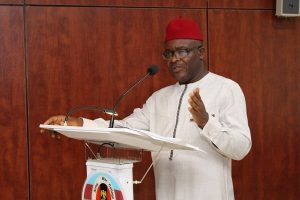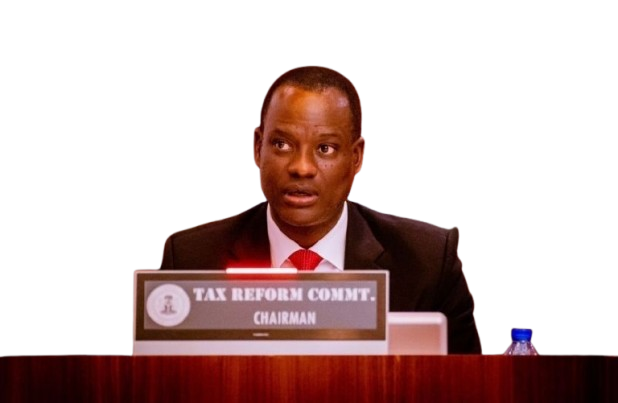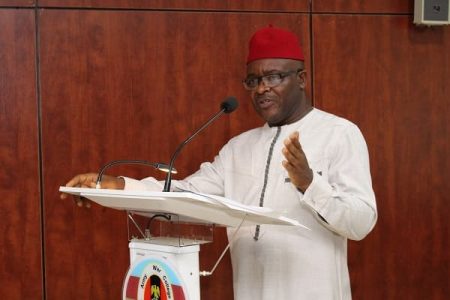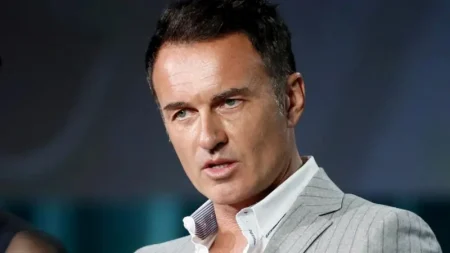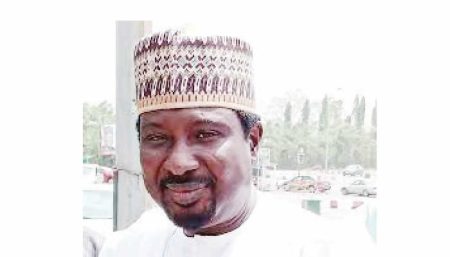Unfinished Business: Deepening Tax Reforms in Nigeria for Sustainable Economic Growth
Taiwo Oyedele, the Chairman of the Presidential Fiscal Policy and Tax Reforms Committee, has highlighted the need for further tax reforms in Nigeria, emphasizing that the recent legislative changes, while significant, represent only the initial steps in a comprehensive overhaul of the nation’s tax system. While the recently enacted tax laws—the Nigeria Tax Act, the Nigeria Tax Administration Act, the Nigeria Revenue Service Act, and the Joint Revenue Board Act—mark a crucial modernization of the tax framework, Oyedele argues that the journey towards a truly effective and growth-inducing tax system is far from complete. He advocates for a more holistic approach that goes beyond simply consolidating and harmonizing tax legislation, emphasizing the importance of aligning tax policies with broader economic goals, improving regulatory efficiency, and prioritizing investments in human capital.
Oyedele’s central argument revolves around the idea that tax reforms must be strategically designed to stimulate economic growth and enhance national competitiveness. He calls for a reduction in corporate tax rates to attract investment and encourage business expansion. High tax rates, especially in an inflationary environment, effectively tax capital rather than profit, hindering business growth and discouraging investment. He contends that regulatory overreach, complex and inefficient bureaucratic processes, and a cumbersome tariff system further impede economic progress. Specifically, he points to the high tariffs on raw materials and intermediate products in Nigeria, which are double the average for sub-Saharan Africa, arguing that reducing these tariffs is akin to granting a broad waiver on income and consumption taxes. This reduction would significantly lower the cost of doing business, fostering domestic production, and boosting export competitiveness.
A key component of Oyedele’s vision for future tax reforms is the alignment of fiscal policies with a strong and stable Naira. He proposes allowing the payment of all taxes in Naira and limiting discretionary foreign exchange demands. He highlights the stark contrast between Nigeria’s currency depreciation and that of Kenya and South Africa over the past decade. Despite comparable trade balances, the Naira has depreciated six times more than the Rand or the Shilling, suggesting that Nigeria’s economic potential has been significantly undermined by currency instability. A stable Naira, supported by sound fiscal policies, would not only boost investor confidence but also contribute to poverty reduction, expand the middle class, and enhance overall purchasing power.
Beyond specific tax measures, Oyedele emphasizes the importance of adopting a people-centric approach to policymaking, prioritizing national interests above sectional or self-serving agendas. He advocates for the use of credible data and evidence-based analysis, arguing that popular opinion alone should not dictate policy decisions. He emphasizes the importance of considering the needs and perspectives of all stakeholders, ensuring inclusivity and avoiding what he terms an “economic civil war,” where various groups and agencies resist reforms that would benefit the wider population.
Oyedele further underscores the critical role of human capital development in driving sustainable economic growth. He advocates for significant investments in education, innovation, health, and creativity, viewing these not as luxuries but as the fundamental building blocks of progress. He stresses the need for visionary leadership and capacity building, emphasizing that a nation’s potential is directly tied to the capabilities of its people. In essence, he argues for a shift in focus from merely managing resources to strategically investing in the development of human potential.
Finally, Oyedele calls for greater intellectual rigor in policy debates, urging policymakers to challenge conventional wisdom and question long-held assumptions. He cautions against “crowd-pleasing analyses” that offer short-term political gains at the expense of long-term economic well-being. He advocates for a clear delineation of roles between the public and private sectors, emphasizing that the government should focus on activities that the private sector is unlikely to undertake, while ensuring that its interventions are efficient, non-inflationary, and prioritize quality over quantity. He emphasizes the need for a government that facilitates, rather than hinders, economic activity, creating an environment conducive to private sector investment and growth. In conclusion, Oyedele’s vision for future tax reforms in Nigeria encompasses not only technical adjustments to tax laws but also a fundamental shift in the approach to economic governance, emphasizing the importance of strategic alignment, human capital development, and a focus on long-term sustainable growth.




